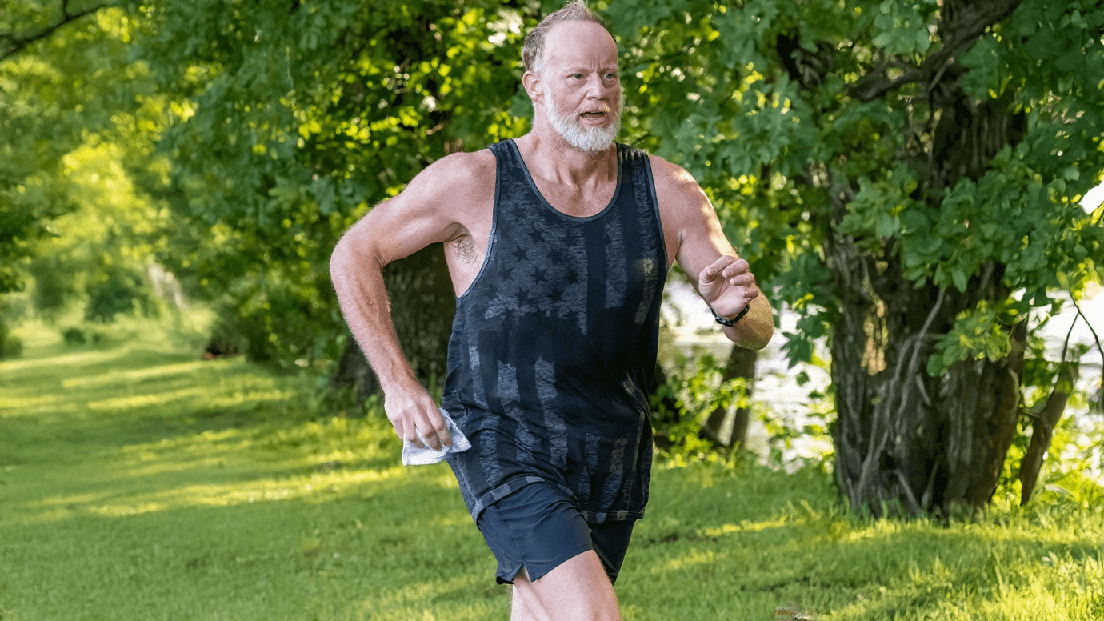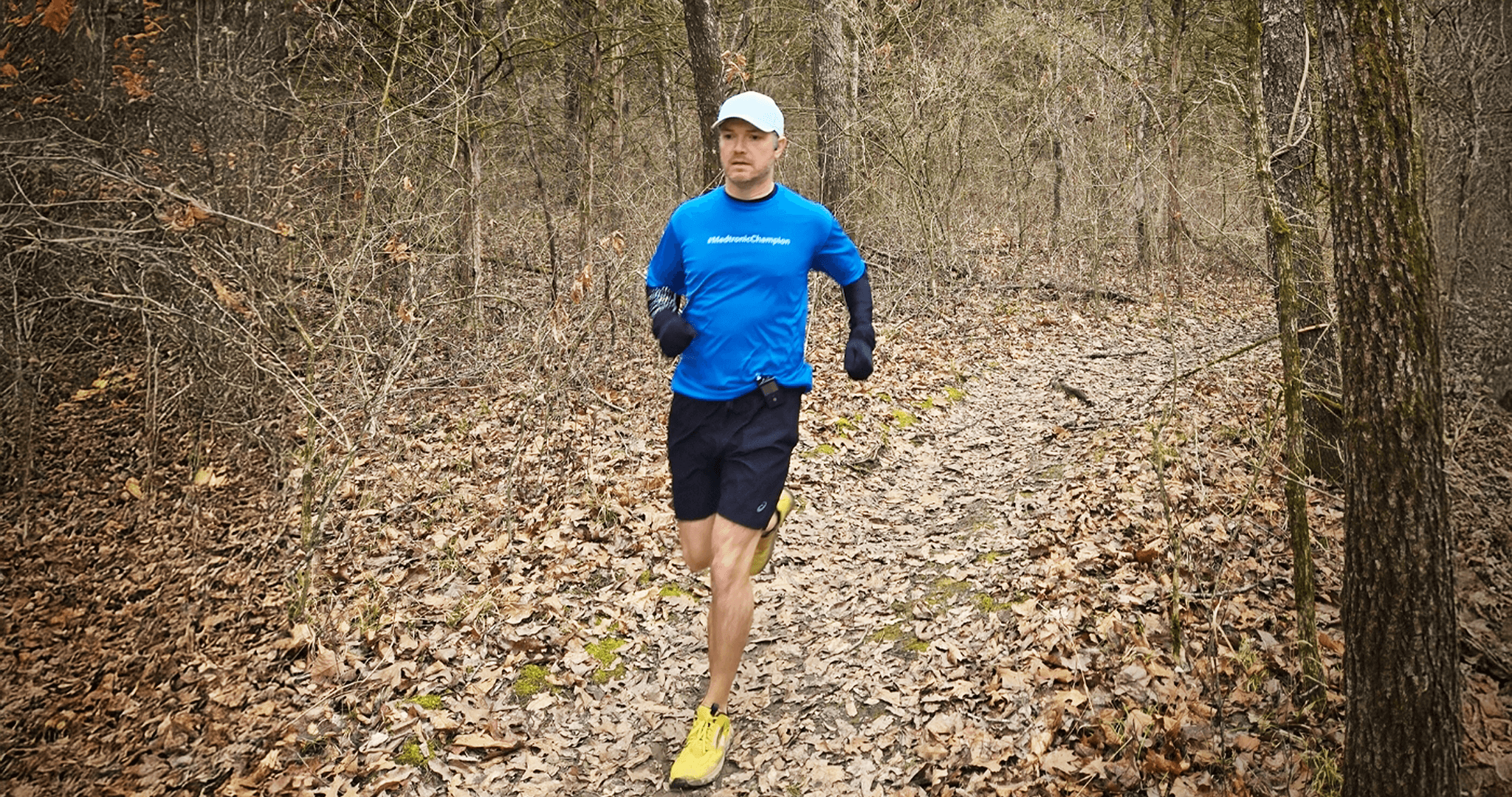Ketones vs. Ketosis vs. DKA
Written by: Julia Blanchette PhD(c), RN, CDE
1 minute read
June 17, 2019
Ketones
- Ketones are a backup energy source for the body.
- Normally, cells use glucose (sugar) as fuel. But when glucose isn’t available, the body burns fat instead, producing ketones. There are three types:
- Acetoacetate and beta-hydroxybutyrate.
- These help transfer energy from the liver to the rest of the body.
- Acetone
- This gives off a fruity breath smell, a sign of ketones in the blood.
Ketosis
- Ketosis happens when the body shifts to burning fat for fuel instead of carbs.
- This can occur naturally after fasting or following a low-carb, high-fat diet (often less than 50g of carbs per day).
- In nutritional ketosis, low levels of ketones are produced and used for energy.
- Ketosis is different from DKA because the body still maintains a healthy balance.
Diabetic Ketoacidosis (DKA)
- DKA is a dangerous condition that happens when someone with diabetes doesn’t have enough insulin.
- Without insulin, glucose stays in the blood instead of fueling the cells.
- The body then burns fat rapidly, producing high levels of ketones, which makes the blood too acidic.
- DKA can lead to severe dehydration, confusion or even coma.
- It needs immediate medical attention.
Stay on top of ketone levels
Understanding the differences between ketones, ketosis and DKA)is essential, especially for those managing type 1 diabetes.
While ketones can be a natural part of energy production, high levels can signal serious health risks like DKA, which requires urgent medical attention.
Keeping an eye on ketone levels and knowing when to seek help can make a big difference in staying healthy and avoiding complications.

Author
Julia Blanchette PhD(c), RN, CDE
Julia has lived with type 1 diabetes for 20 years. She works as a certified diabetes educator and certified insulin pump and continuous glucose monitor (CGM) trainer. She is also finishing up her PhD in nursing science at Case Western Reserve University which is focused on financial stress, mental health and self-management in young adults with type 1 diabetes. In her spare time, she enjoys helping with Camp Ho Mita Koda where she is the healthcare director, exploring Cleveland and writing. You can follow her on Twitter @JBlanchetteCDE or on Instagram @nursejebcat.
Related Resources

Deciding to run a marathon can be a lot for anyone to wrap their head...
Read more

A delayed diabetes diagnosis isn’t rare, it affects millions worldwide. Behind every missed diagnosis is...
Read more

When Nia Cannady stood on the sidelines of the New York City Marathon last year,...
Read more

